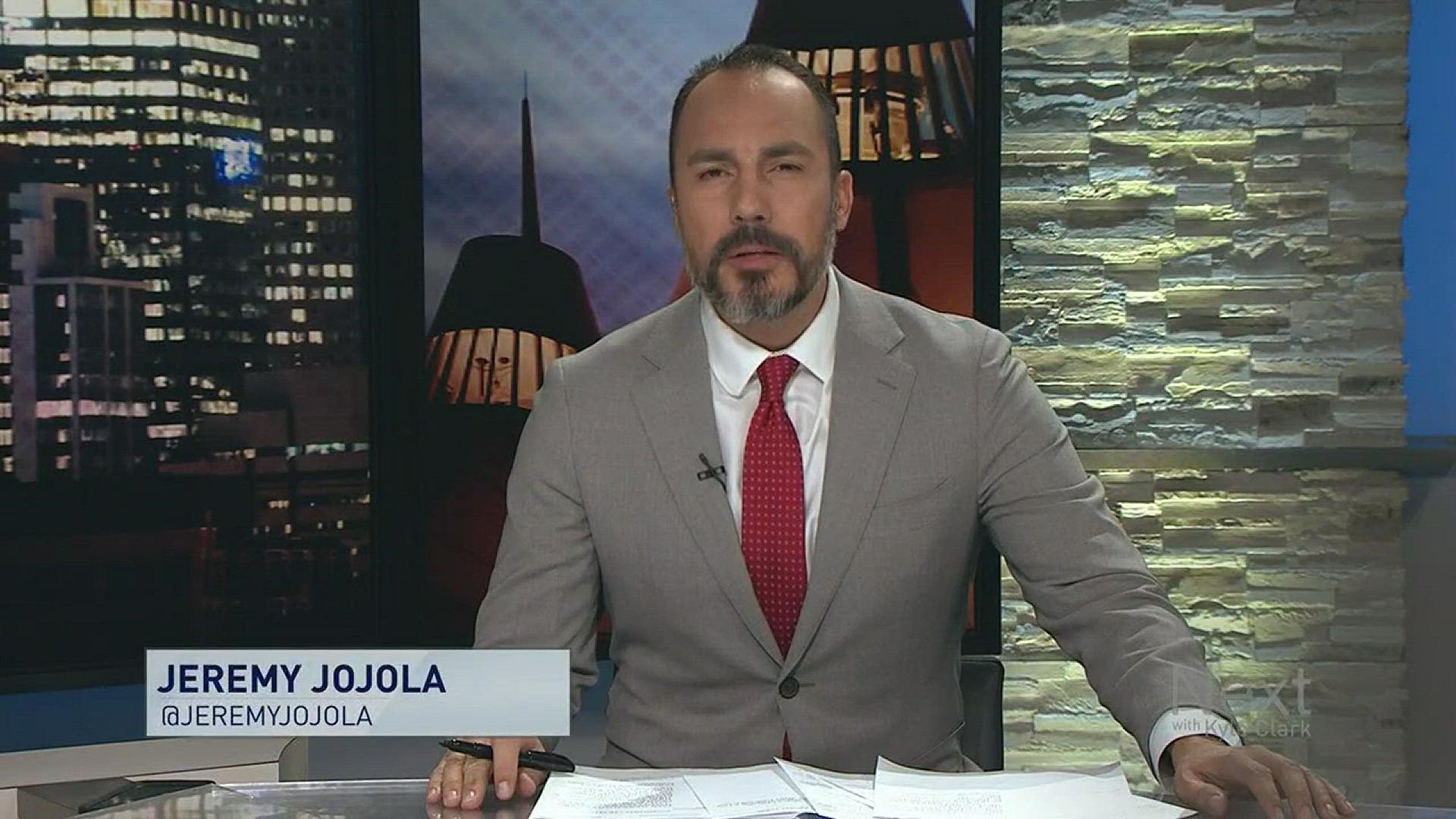Denver City Council members are discussing the pros and cons of a plastic bag ban for the city.
City Council President Jolon Clark said the issue came up at a policy committee last Wednesday as a potential way to help protect the environment and encourage people to use reusable bags.
At this point though, there aren't a lot of details on exactly what City Council would pursue or any semblance of a timeline since City Council would first need a nod of approval from the state. The Colorado State Legislature passed a law in 1989 that stops local governments from passing a ban on plastic products, most likely to streamline rules across the state. In order for City Council to move forward with this idea, the state would need to repeal this law.
A City Council legislative analyst put together a memo about similar bans already in effect across the country. The memo said, in part, “By one count, approximately 350 cities currently ban or assess fees on plastic bag use. California and Hawaii also prohibit plastic bags statewide."
Some of those cities include Seattle, Portland and Boston.
That same study shows five cities in Colorado banned plastic bags since the state law was in effect but there haven't been any lawsuits. The memo also said Boulder implemented a 10-cent fee on plastic and paper bag use in 2012.
Crested Butte banned plastic bags in 2016 and requires papers bag be made from 40 percent recycle content and be 100 percent recyclable.
Along with banning plastic bags, Aspen passed a 20-cent fee for papers bags in 2011, which was challenged in court over the Taxpayer's Bill of Rights. Aspen’s fee was upheld in court because it was considered a fee and not a tax.
This analysis also said there are conflicting reports about how well a ban like this works. Supporters of this idea said a plastic bag plan would be a step towards protecting the environment.
Garret Garner-Wells, director of Environment Colorado, an advocacy group, said in an e-mail:
"Every day, people are throwing away tons of single-use cups, containers and other plastic 'stuff.' Among the worst forms of plastic pollution is polystyrene foam (the stuff most of us call Styrofoam), which never fully degrades. Nothing we use for five minutes should pollute Colorado's land and water for hundreds of years. Environment Colorado supports giving cities and counties the tools they need to address their plastic problems."
Clark said if the idea of a plastic bag ban moves forward city council would take a look at who it would impact the most.
"If someone rides the bus to get their grocery for a family of four, how do they get those groceries home?" he said.
Looking ahead, Clark said that if a ban moves forward, he hopes part of the plan would be that people can continue to get reusable bags from the city. He also said there have even been talks about a swap program if people forget their bags when they go out to shop. Clark also said it’s too early to say if people would get in trouble for using plastic bags.
Chris Howes with the Colorado Retail Association said it's too early to weigh in right now but did mention some retailers are already moving away from plastic bags.
Howes also said it's important to remember that not everyone is OK with using only reusable bags, like in the instance of carrying raw meat in the same bag again and again.
Jeff Lenard, the vice president of the National Association of Convenience Stores, said people tend to make smaller purchases at a convenience store. However, Lenard said, if they do need a bag, customers don’t tend to come with reusable bags.
This isn’t Denver City Council’s first attempt to curb plastic bags. In 2014, they considered a fee, which got through early hurdles at a quick pace - but didn't go all the way.
“It passed first read, it had seven votes," said at-large City Council member Deborah Ortega who helped push the rule forward.
However, Ortega said, the ordinance didn’t pass because city council decided to focus on streamlining trash pick-up services instead.
"I remember growing up we never had plastic bags," Ortega said. "Over time they started to infiltrate the industry."
This time around, Clark said he's feeling better about his chances since the makeup of the state legislature changed after the elections. It’s now a Democratic trifecta.
"With a new class of legislatures going in," explained Clark, " There is a lot of hope this will be the year that law will go away.”
Spokespeople for both parties in state Senate and House said they are not aware of who might sponsor a bill to reverse the law.

